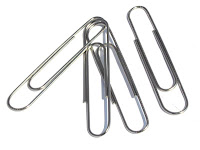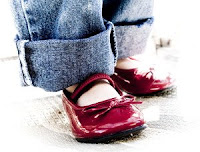Luego de haber aprendido el primer caso de oraciones condicionales, veremos hoy el segundo tipo de estas frases que se utiliza para hacer referencia a situaciones -improbables o irreales- que ocurrirían si se diera una determinada condición imaginaria que tiene pocas posibilidades de cumplirse, por ejemplo:
If he won the lottery, he would buy a big ship.
Si él ganase la lotería, él compraría un gran barco.
Observa que en este caso expreso lo que la persona haría si ganase la lotería, aunque no es muy probable que la gane.
Si yo fuese tú, le diría la verdad.
Aquí hago mención a una situación imaginaria de cómo actuaría yo si estuviese en el lugar de otra persona.
Para poder construír este tipo de oraciones comenzaremos con IF (si)seguido de la condición en tiempo pasado simple y finalmente expresando la consecuencia en condicional simple, como vemos en el cuadro a continuación:
| IF | CONDICIÓN | CONSECUENCIA |
| Si | tuviese trabajo | ganaría mucho dinero |
| If | I had a job | I wouldl win a lot of money |
Aquí tienes algunos ejemplos más:
| IF | HE STUDIED HARDER | HE WOULD APPROVE THE TEST. |
| Si | él estudiase más duro | aprobaría el examen. |
| IF | YOU HAD A CAR | YOU WOULD ARRIVE ON TIME. |
| Si | tú tuvieses un automóvil | llegarías a tiempo. |
| IF | THEY SOLD THE HOUSE | THEY WOULD BE IN PROBLEMS. |
| Si | ellos vendiesen la casa | estarían en problemas. |










